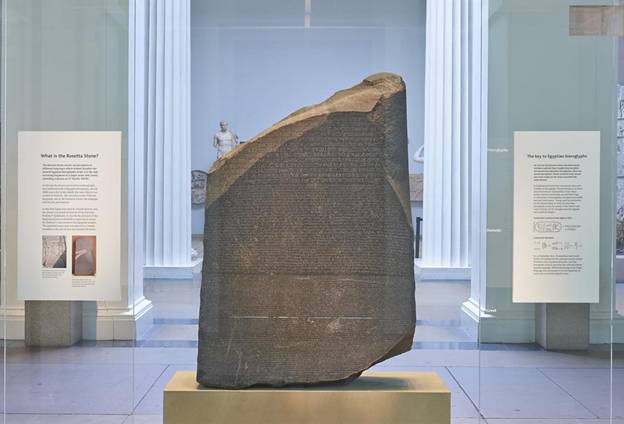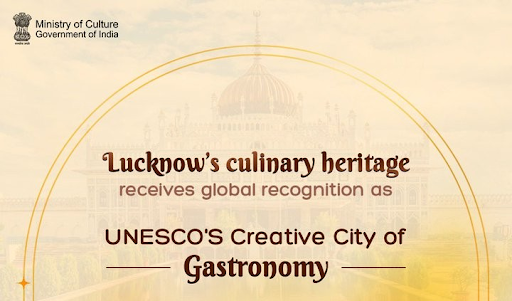





Copyright infringement not intended
Context: Many Egypt historians are demanding the U.K to return the 2,000-year-old Rosetta Stone.
Details:










© 2026 iasgyan. All right reserved